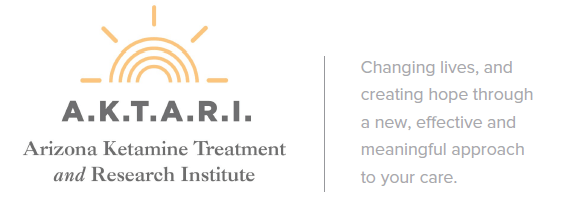Ketamine Therapy Now Available to treat Anorexia Nervosa
Anorexia Nervosa is an eating disorder characterized by a distorted sense of body image, an obsessive pursuit of weight loss, a pathological fear of gaining weight, and is frequently associated with concurrent anxiety and depression. People who develop anorexia are often high achievers with relentless standards. It is more common in women, but some men are also at risk, particularly male athletes who are trying to fit into restrictive weight categories for their sport. Anorexics tend to over-exercise, and while they might refuse to eat, or keep food down, they might also obsess about food, even making elaborate food plans and cooking for others.
The prevalence of Anorexia Nervosa in the general population is less than that of other psycho-emotional conditions. However, those with anorexia who do not respond to standard treatment have the greatest risk for fatal complications from their condition. Anorexia statistics are elusive (those who suffer from it often hide symptoms) but probably 10 percent or so of patients who develop the most severe form may die from complications as a direct result of the disease.
Current treatment focuses on supervision to ensure compliance with meal plans, cognitive behavioral therapy to address underlying mental and emotional traumas and triggers, and Selective Serotonin Reuptake Inhibitors (SSRIs) to combat coexisting depressive symptoms. Olanzapine, an anti-psychotic drug with a side effect of weight gain, is sometimes prescribed.
Recovery from anorexia is often elusive and complicated, as difficult health problems can result from malnutrition, and compulsive thought and emotional patterns get in the way of resuming a healthy regime of eating and exercise. Signs of infertility and severe bone loss appear initially, but every system in the body is eventually at risk – from cognitive function to impairment of the kidneys and lungs. End-stage anorexics are at risk of seizures due to electrolyte and blood sugar imbalances, or even fatal cardiac arrest. Fast, effective treatment may be critical to saving lives.
Ketamine therapy offers hope for those who do not responded to standard treatment. There is evidence that ketamine inhibition of NMDA receptors in the hippocampus of the brain (an area associated with emotion) could interrupt the thought and memory patterns that drive anorexia nervosa.
In a small study conducted by researchers at the University of Cambridge, nearly two-thirds of participants with Refractory Anorexia Nervosa (those not responding to standard medical therapy) who received multiple intravenous infusions of Ketamine, in combination with an oral opioid-blocking medication, saw a complete elimination of their compulsive thought patterns. And more than half of those patients returned to healthier eating behaviours for a long period after their discharge from the hospital.
Medically-supervised Ketamine therapy is worth considering if you or someone you know is struggling with moderate, severe, or life threatening Anorexia Nervosa. Contact us at the Arizona Ketamine Treatment and Research Institute (AKTARI) for more information, or call 480-626–2727 to book an appointment.
“The speed with which a person changed from the high arousal, compulsive [anorexia] state to the more normal state was occasionally fast enough to resemble a change in personality.”
Dr. I.H. Mills, University of Cambridge Department of Anaesthetics, UK
“The clinical response was associated with a significant decrease in Compulsion score: [from 44.0 before Ketamine to 27.0. after Ketamine].”
Dr. I.H. Mills, University of Cambridge Department of Anaesthetics, UK
